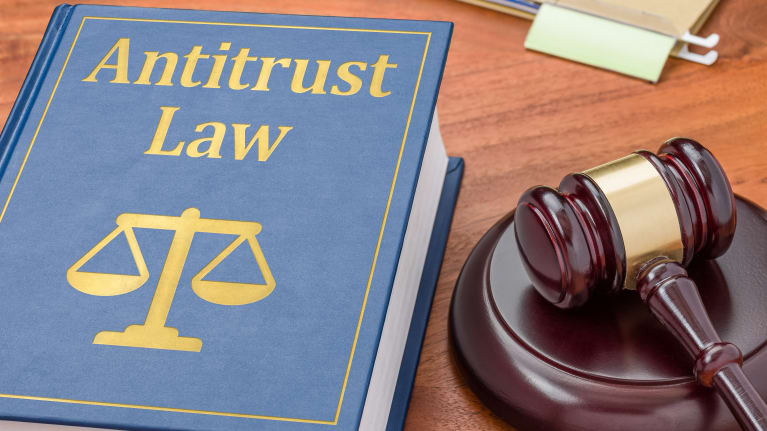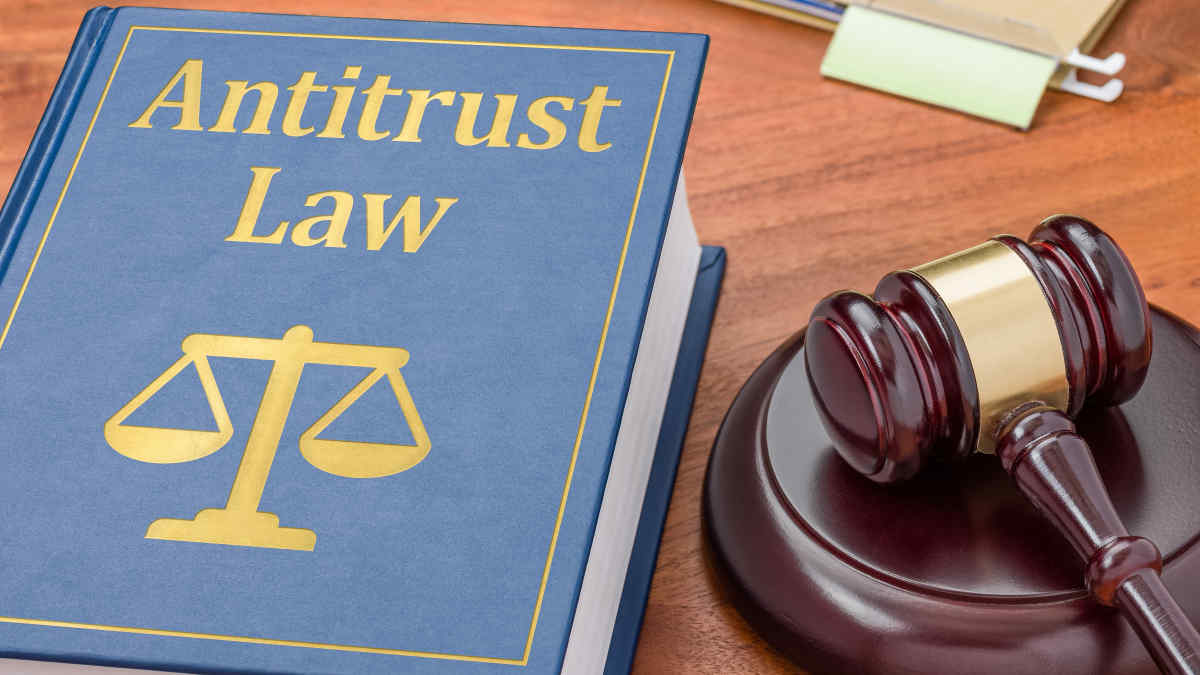

?Federal and state laws regarding antitrust concerns and whistleblowing have evolved in recent years, so it’s important for HR professionals to stay up-to-date on legal compliance.
“Keep yourself safe,” Christine Walters, an HR and employment law consultant with FiveL Company in Westminster, Md., told attendees at a concurrent session at the SHRM Annual Conference & Expo 2023 in Las Vegas on June 12.
Antitrust laws exist to ensure fair competition among businesses and to protect employees and consumers. “Competition is good. Labor market competition should happen,” Walters said. “Lack of competition can hurt employees if I can’t go out and make more money.”
The federal Sherman Antitrust Act outlaws unreasonable restraints on trade, such as wage fixing, price fixing, bid rigging and monopolies. It carries criminal penalties of up to $100 million for a corporation and $1 million for an individual, along with up to 10 years in prison.
The U.S. Department of Justice (DOJ) released guidance for HR professionals in 2016 that mentions no-poach agreements—in which companies agree not to recruit one another’s employees—nine times. “That tells me it’s on their radar,” Walters said, because no-poach agreements stymie competition for labor. “You’re limiting those employees’ ability to make a better living.”
The DOJ guidance clarified that employers violate antitrust laws if they collude with other companies about salaries or agree with other companies to not recruit or hire one another’s employees. It mentioned a 1994 case in which the DOJ sued hospitals and an HR trade group in Utah for exchanging information about nurses’ wages to keep their pay artificially low.
The DOJ has brought several cases that allege per se illegal no-poach activity, but nevertheless has had a few high-profile court losses.
Employers should train managers to avoid initiating or responding to opportunities to join no-poach agreements, Walters said. Instead, a manager could tell their company’s compliance officer or HR leader if they are approached.
Pay Transparency
In recent years, a growing number of states have enacted laws requiring employers to post wage and salary information in job postings.
Likewise, more states have recently enacted laws prohibiting employers from using salary history to set the pay of new hires. These moves may lead to some confusion among employers about what is and is not permissible when discussing salaries.
Walters said that to legally participate in any industry salary survey, employers should confirm that it meets five criteria:
- The survey is managed by a third-party vendor.
- The salary data is more than three months old.
- At least five different entities are submitting data.
- No one provider’s data represents more than 25 percent of the combined data.
- The data is sufficiently aggregated.
What Constitutes Whistleblowing?
At least 40 federal laws protect whistleblowers, Walters said. These include the Whistleblower Protection Act, the Sarbanes-Oxley Act, the Occupational Safety and Health Act, the Taxpayer First Act and the Anti-Money Laundering Whistleblower Improvement Act.
However, whistleblowing to a government agency and “leaking proprietary information” to the media are “very, very different,” Walters said.
When an employee or employer has committed a legal violation, whistleblowing employees “can go to the Department of Labor or the state or the Equal Employment Opportunity Commission or the complaint center. That’s why those agencies are out there,” she said. Whistleblowers “have a right to be free from retaliation for sharing that concern.”
But they don’t have the right to reveal trade secrets to the media. Companies “make money based on our propriety information, our intellectual property. You may not disclose that during or after your employment,” Walters said.
For example, leaking a company’s secret recipe for baked beans would be an illegal disclosure of proprietary information. In contrast, an employee who told government authorities they thought the bean company was releasing toxic waste or not paying required wages would be considered a whistleblower, Walters said.
When employees report a concern internally or externally, it must be truthful. In your written company policies, “you may want to talk about expressing a concern in good faith. Provide multiple reporting resources,” Walters recommended. “Try to assume positive intent when somebody expresses concerns, and practice patience.”

